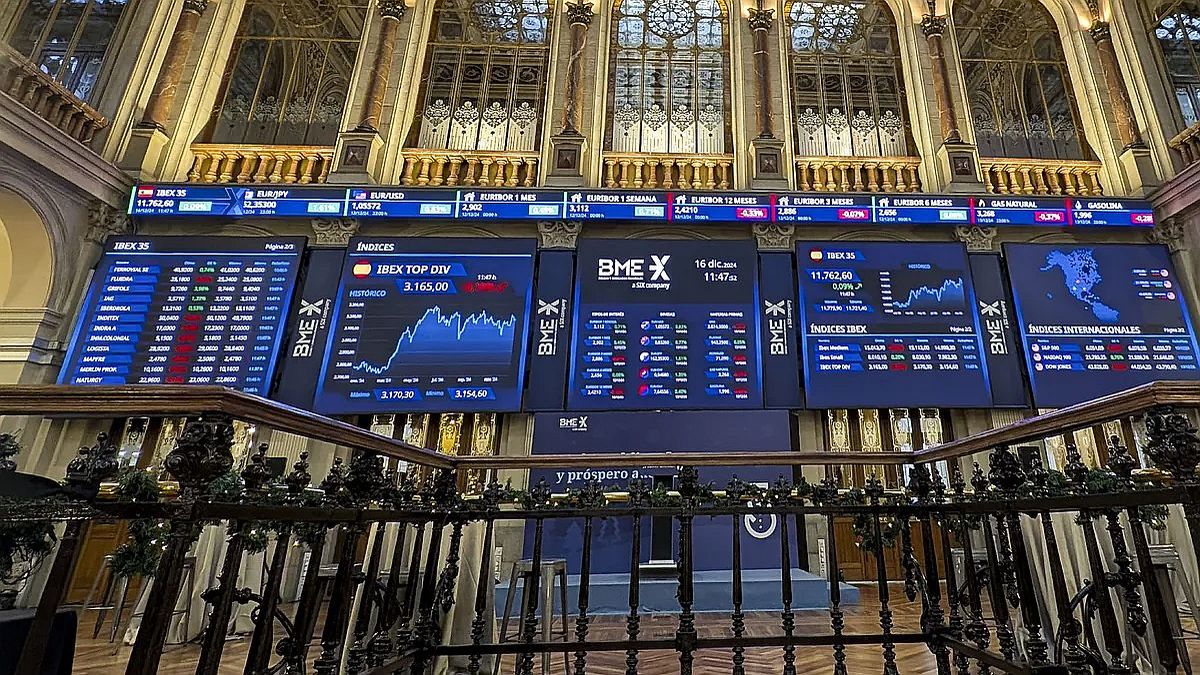JP Morgan joins Goldman Sachs and increases his Eurozone growth forecast by 2025 after Germany’s reforms
JP Morgan joins Goldman Sachs improving the growth forecasts of the Eurozone by 2025 after the reforms of Germany. While the largest bank analysts in the United States expect growth to increase 0.1 percentage points to 0.8%. By 2026, JP Morgan provides 1.2%growth, an increase of 0.3 percentage points.
The content you want to access is exclusive to subscribers.
This review occurs after recent debates in Germany, where government parties agreed to carry out Fiscal reforms that would imply a indebtedness initiative of almost a billion euros aimed at financing defense and infrastructure projects.


On the other hand, JP Morgan economists also pointed out that, although Germany is the main engine of growth review, There will be indirect effects on the rest of the Eurozonewith slightly more lax fiscal policies that will boost growth throughout the region.
Possible risks to the Eurozone economy
Despite the optimistic perspectives for the coming years, JP Morgan warned that risks persist, particularly due to The uncertainty surrounding the tariff policies of the president of the United States, Donald Trump. These tariffs warned, could stop short -term economic growth. In addition, the bank projected a slight increase in inflation in the euro zone by 2025 and 2026 as a result of these uncertainties.
The European Central Bank (ECB) also actively adjusted its monetary policy in response to the economic situation. Last Thursday, the ECB reduced its type of deposit to 2.5%, which is its sixth reduction since June.
However, the Central Bank also expressed concern about The “phenomenal uncertainty” of the world economyincluding the risk that commercial wars and increased defense spending can boost inflation. This raises lto the possibility that the ECB pauses in its type cuts in April, against the previous expectations of a reduction of 25 basic points.
Updated Type Troubleds of JP Morgan
In his last note, JP Morgan adjusted his ECB -type cuts, providing now Only two cuts this year -one in June and another in September -, compared to the three previously planned.
The bank also stressed that the possible imposition of American tariffs on European products It could lead to the ECB to review its monetary policy, which could lead to a more aggressive approach in the coming months.
Meanwhile, JP Morgan questions the possibility of approved A strategic cryptocurrency reserve in the US, citing the probability of obstacles in Congress and concern for volatility.
Source: Ambito




